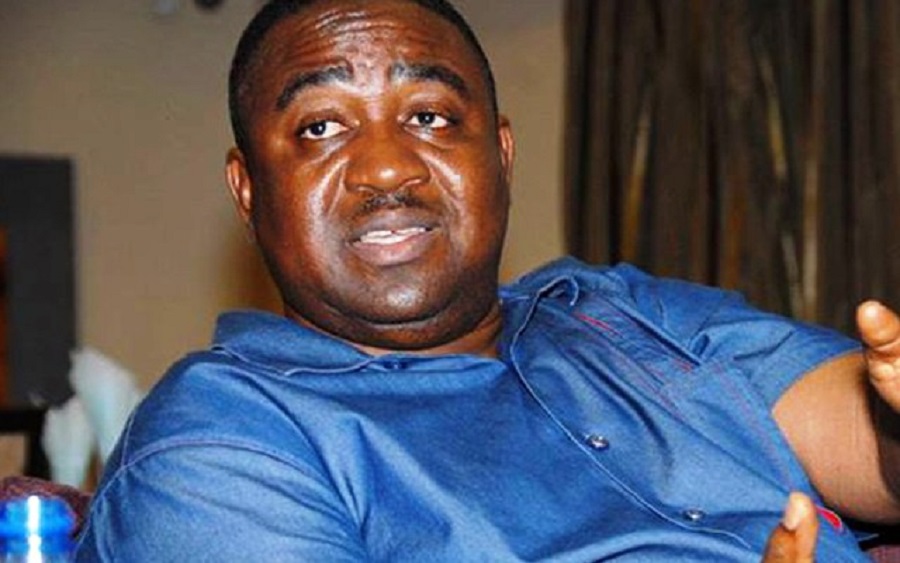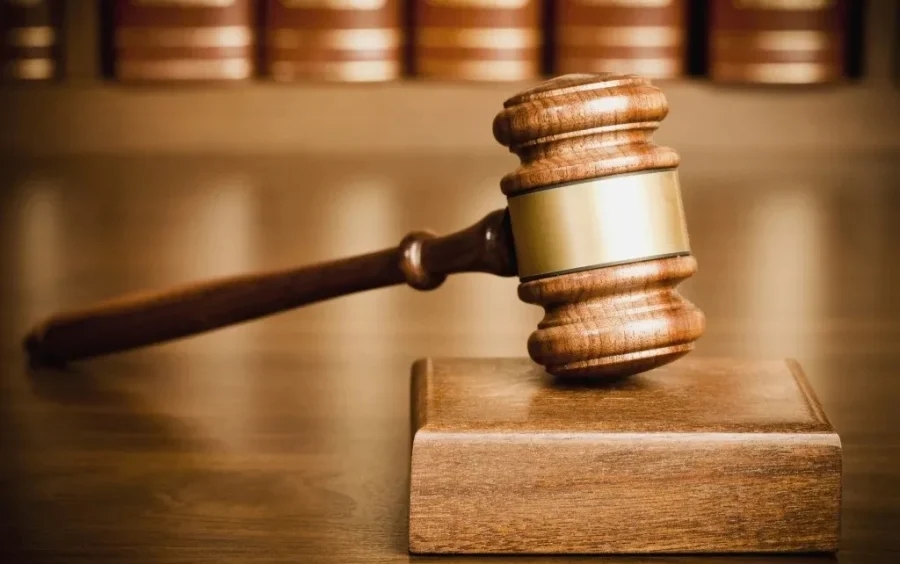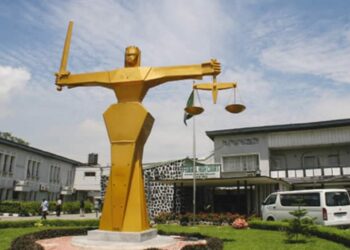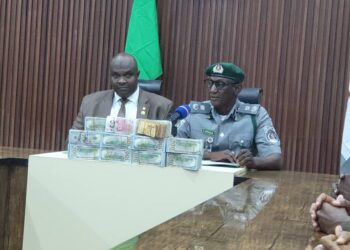The Federal High Court in Abuja has dismissed the “no-case” submission filed by the legal team of former Benue State governor, Gabriel Suswam, and another defendant in the alleged N3.1billion fraud case instituted against them by the Economic and Financial Crimes Commission (EFCC) since 2015.
Justice Peter Lifu delivered the ruling, emphasizing that Suswam and the former Commissioner for Finance, Omodachi Okolobia, need to “throw more light” on the allegations against them, considering the testimonies given by witnesses during the proceedings.
Nairametrics previously reported on May 14, 2025, that the defense lawyers had sought the court’s permission to file a “no-case” submission, insisting that their clients had no case to answer.
The defense made the oral application before Justice Lifu after O.A. Atolagbe, counsel for the EFCC, informed the court that the Commission had closed its case against the ex-governor and the other defendant.
The EFCC concluded its case against Suswam in 2023 before Justice Ahmed Mohammed.
However, the matter recommenced before Justice Lifu.
Nairametrics also reported in 2015 that the EFCC had arrested Suswam over corruption allegations stemming from his administration.
Suswam and Okolobia are facing an 11-count amended charge of N3.1billion money laundering.
Legal Disputes
The EFCC alleged, among other things, that the funds were part of the proceeds from the sale of state government shares, held by Benue Investment and Property Company Limited, and sold through Elixir Securities Limited and Elixir Investment Partners Limited.
The ex-governor and his co-defendant pleaded not guilty, paving the way for trial.
During the proceedings, the EFCC presented several witnesses, including Abubakar Umar, a bureau de change operator, who testified that in 2014 he converted N3.1billion—allegedly wired to him by Suswam as governor—and delivered its cash equivalent of $15.8million to Suswam at his Maitama, Abuja residence.
At the previous hearing, the EFCC lawyer presented the ninth and final prosecution witness, Appea Sunday, an investigator attached to the Economic Governance Section of the Commission’s Investigations Department. Sunday gave his account of the investigation and confirmed the associated documents, and was briefly cross-examined by the defense.
Paul Erokoro, SAN, and other members of the defense then confirmed their intention to file a no-case submission, maintaining their clients had no case to answer.
However, Atolagbe argued that the EFCC had established a credible (prima facie) case against the defendants. The court fixed the date for the ruling accordingly.
Court Ruling
In ruling on the no-case submission, the judge stated that after thoroughly reviewing the charges and the evidence from witnesses, there was evidence that the defendants in the 11-count charge need to defend.
“The court is not called upon at this stage to express an opinion based on the evidence before it,” Justice Lifu stated.
- The judge continued, “It is the court’s considered view that the defense needs to throw more light,” and concluded that the two defendants have a case to answer.
“I do hold that there is a case to answer as the evidence shows the prosecution has established a prima facie case,” he said.
- The judge consequently refused and dismissed the defendants’ no-case submission and ordered them to enter their respective defenses.
- After the ruling, the defense team requested an adjournment.
The court then fixed September 22 and 26 for the defendants to enter their respective defenses.
Backstory
Gabriel Suswam served as Benue State governor from May 2007 to May 2015 and has been implicated in multiple allegations of public fund misappropriation.
A judicial panel of inquiry established by former governor Samuel Ortom to investigate Suswam’s administration revealed details on how N6.5billion from the Subsidy Reinvestment and Empowerment Programme (SURE-P) fund remained unaccounted for. EFCC spokesperson Wilson Uwujaren confirmed Suswam’s arrest, stating it was part of an ongoing corruption investigation in Benue State.
Before the case was assigned to Justice Lifu, it had been handled by different judges—Justice A.R. Mohammed and later Justice Okon Abang—following their respective elevations to the Court of Appeal.






















Great judgement